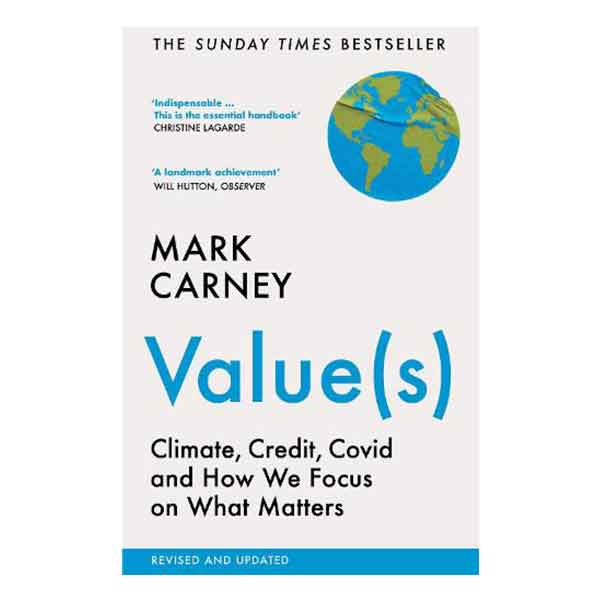Wether you’re of traditional retirement age or planning to retire early, there are lots of easy wins to help you plan to live more sustainably. The Government’s Net Zero strategy sets out policies and proposals for helping to reduce the UK economy’s carbon emissions by 2050. But it’s not just big businesses that have a role to play.
We’re all responsible for helping to slow down – if not help reverse – the effects of climate change and learning to live sustainably in retirement can not only help the planet, but it could help you save money too.
To have a comfortable retirement, it’s estimated a single person requires around £33,000 per year. But as living costs continue to rise, it could be much harder to maintain these comfortable standards. But with some simple adjustments, you could not only do your bit for the environment, but you could also increase your bank balance.

Switch to a green pension fund
Switching your pension plan might sound like hard work, but the power our money can have if we choose to use it for good, is so worth a moment of your time. If you’re looking into switching to a green pension you can find out more in this post ‘Switching To A Green Pension‘, knowing where your money is invested is probably the biggest eco-friendly action you can take. You can invest your money in climate friendly businesses and move away from supporting the fossil fuels and arms industries. Check out the Make My Money Matter website for more on green pensions.
Invest in renewable energy
Renewable energy is a great way to harness the power of mother nature, but it can be costly to install. Taking out an equity release mortgage could help provide you with the funds you need to invest in renewable energy sources like solar panels and heat pumps. From this investment, you could see your energy bills massively decrease and you could even earn money for exporting surplus solar power to the grid. So it’s a win for your bank balance and will ultimately enable you to live more sustainably.
Buy second-hand
Before buying something brand new, see if you can buy it or something similar second-hand. There are plenty of second-hand online sites, as well as vintage and charity shops selling everything from clothing to furniture, electric goods to electric cars.
Grow your own
Plan to have enough space to grow your own fruit and veg. Organic fruit and vegetables in local supermarkets and greengrocers can be costly, so why not create your own veg patch and grow your own? You’ll know that the food you’re eating isn’t full of any harmful chemicals and the great outdoors will do wonders for your physical and mental health.
Travel more consciously
Whether you’re planning to have a holiday home in the sun or you prefer a staycation, when you travel try and minimise your environmental impact. We know that flying is bad for the environment, so why not travel by train? It’s more sustainably sounds, plus you get to take your time and enjoy the ride.
Of course, we know it’s not always possible to get from the UK to some of the more exotic locations by train, but one of the ways you can offset your travelling is by staying with local independent holiday providers and shopping and eating in locally owned places. You’ll also get a much more authentic experience.

You might also enjoy reading…
In Value(s), one of the great economic thinkers of our time examines how economic value and social values became blurred, how we went from living in a market economy to a market society, and how to rethink and rebuild before it’s too late.
During his time as a G7 central banker and seven years spent as Governor of the Bank of England, Mark Carney witnessed the collapse of public trust in elites, globalisation, and technology; the challenges of the 4th Industrial Revolution and the existential threat of the growing climate emergency.
Drawing on a truly international perspective to our greatest problems, this book sets out a framework for the change needed for an economic and social renaissance in a post-Covid world. Embedding the values of sustainability, solidarity and responsibility into all decision-making is integral to his argument for how we can channel the dynamism of the market to turn intractable problems into enormous opportunities.
Photography by Annie Spratt




